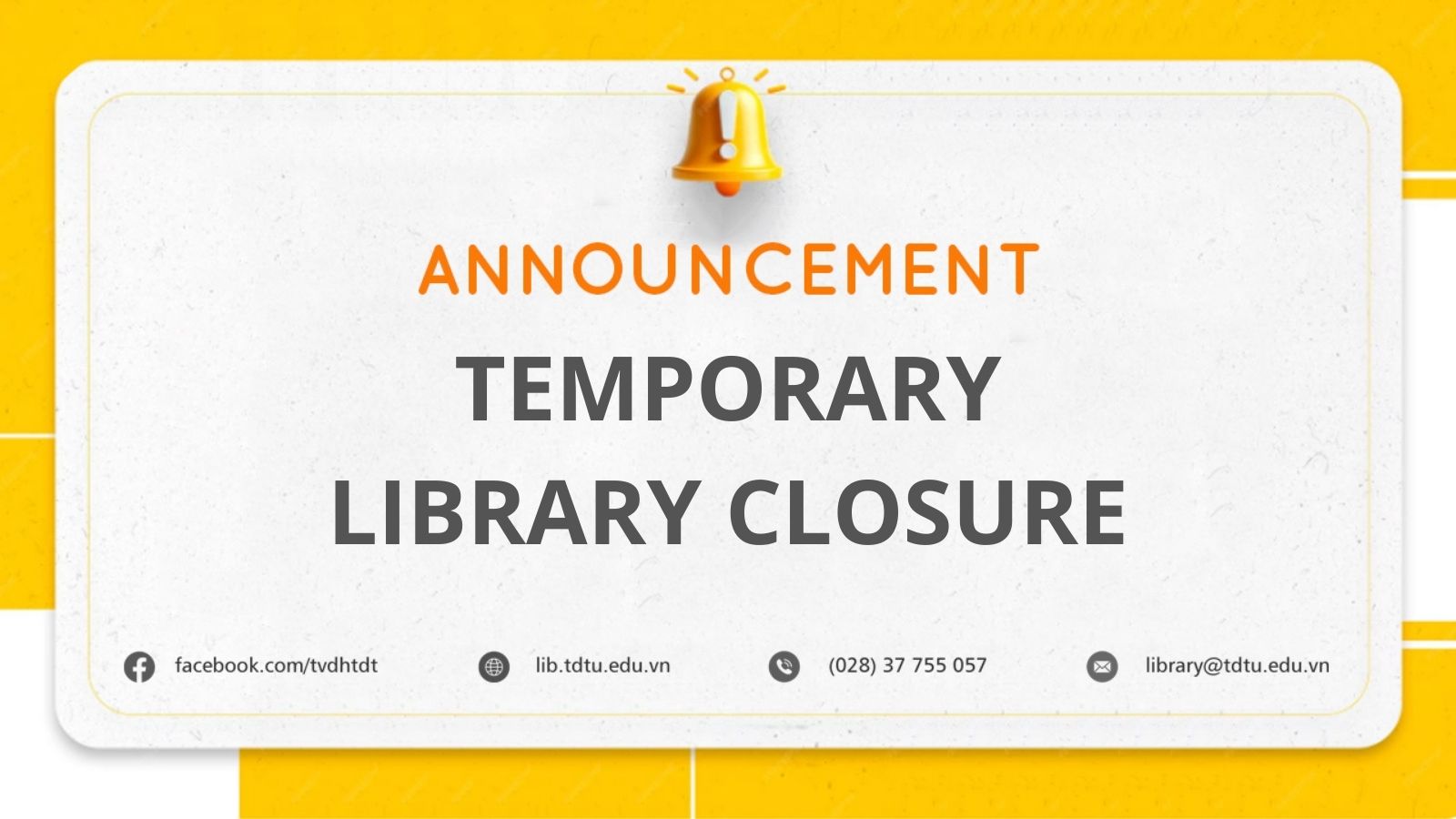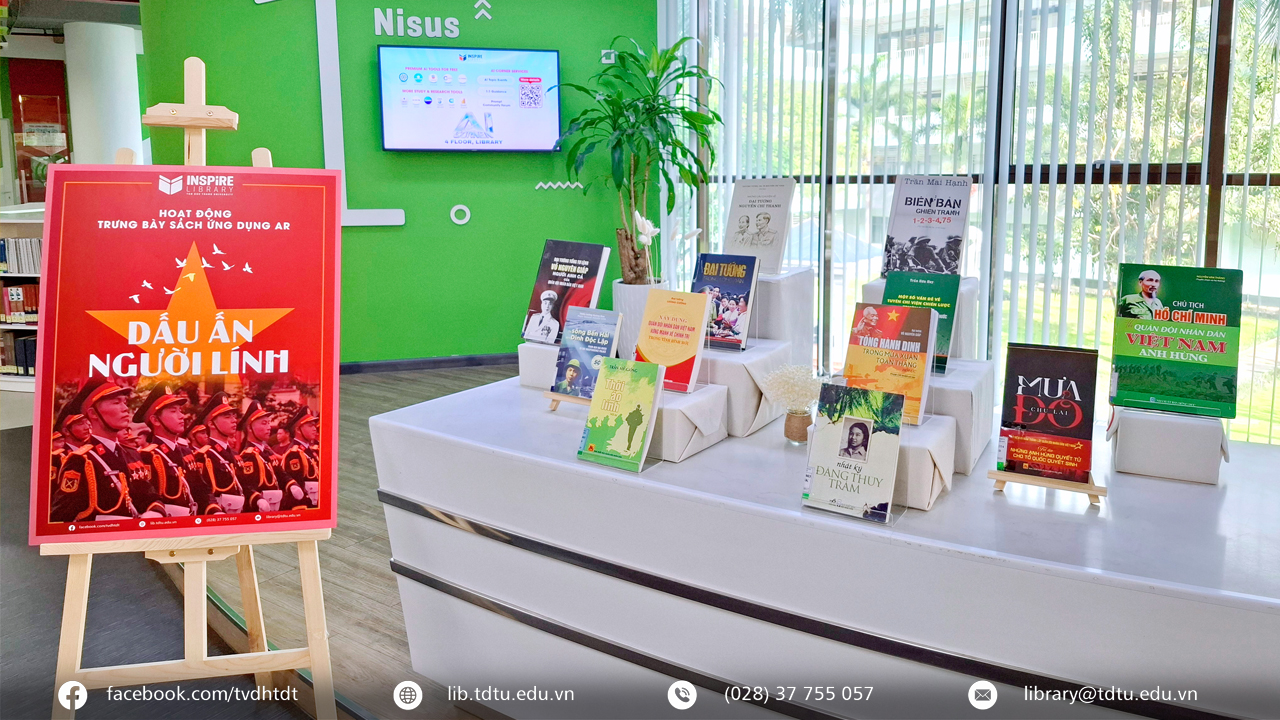7 Books Most Millionaires Read Before They Turn 30
Reading is one of the best ways to open our minds to different ideas and perspectives. There is so much knowledge that exists in the world. People have dedicated their entire lives towards particular experiences or types of work.
We cannot capture all of their learnings from a few hundred pages, but we can gain significant insight from what they learned and experienced. It is for reasons like this that there is a high correlation between success (personal and financial) and reading.

That said, there is a culture that has developed around reading for the sake of reading. People brag about how many books they have read. It makes us seem more cultured and intelligent. This has also lead people to try and read books that our role models have read.
If Steve Jobs read a book and extracted value from it, there is a good chance that we will as well. That being said, each book speaks to a person in a different way. Using other's recommendations can be important, but there are endless books with good reviews. That means exploring your own intellectual curiosities and creating a perspective that is unique to you is the most valuable.
While keeping that in mind, there is a reason that some books have been more frequently read and talked about by successful people than other books. Those can be beneficial and create strong roots for anyone. Here are seven of the most common of these books read by millionaires:
1. How to Win Friends and Influence People
The title turns some people off since it feels sale-zy and business-y. This book is a lynchpin in creating productive relationships, though. We are so concerned with what is happening in our own world that we often forget to think about other people, even when we are around them.
How to Win Friends and Influence People is a refreshing reminder of how to build strong professional relationships with others. The insight from this book can immediately be applied to life with a substantial impact.
2. Sapiens
Knowledge of how past goals of survival have influenced our genes and tendencies today helps us understand how people act. That idea can be found and explored in many places. Sapiens dives into that a bit, but what makes this book so unique is the larger context it discusses human evolution and development within.
Sapiens goes into the revolutions that have pushed societies forward, it talks about some of the great empires that have existed and about how we have ended up where we are today.
This book is invaluable when thinking about what will happen in the future. Yuval Noah Hurrari makes you realize that much of what has happened in the past has had factors of luck.
Hurrari also makes you question how much "better" off society is today than it was a few hundred or a thousand years ago. This perspective is a necessity when thinking about how we should be spending our lives, especially if you want to play a big role in what the future will look like.
3. Thinking Fast and Slow
For a long time, economists have made the assumption that humans are rational. It does not take long to think of countless examples where that is not the case. In Thinking Fast and Slow, Nobel-Prize-Winner Daniel Kahneman discusses many of the ways that people are influenced by situational context.
He helped pioneer behavioral economics and the idea that humans are very irrational when looking at benefits versus costs.
This book paints the way that we think about our decisions in a different light. Awareness of our own biases and what might influence our decisions will help you make more rational and level-headed choices when they count most.
4. Influence: The Psychology of Persuasion
As a bit of a complement to Thinking Fast and Slow (although it came out many years earlier), Robert Cialdini wrote a masterpiece of a book about influence with his Influence: The Pyschcology of Persuasion. It takes a lot of the Kahneman's ideas and puts them into practice. This comes from both our friends, salesmen, and advertisements.
There can be a negative connotation towards influencing others. Some people take ill advantage of these ideas and principles, but that does not need to be the case. When working for a company or talking with your friends, you often need to convince them to get behind your choice.
You might have great reasons underlying your proposed action, but that does not mean that your company or friends will buy in. Recognizing subtle changes to how you present information or speak and how they can influence other's decision making is invaluable.
5. Originals, How Non-Conformists Move the World
One of the greatest challenges in life is to think independently. There are countless outside influences that push us to try and conform to how others think. In Originals, How Non-Conformists Move the World, Adam Grant looks at some of the most original people that have inhabited this earth.
Grant shows that anybody can achieve a life like that, and he provides tangible ways to do so. It is more about the approach towards life, taking chances and stimulating creativity than it is about genetic make-up. Originals is an entertaining and empowering read towards living a more fulfilling and successful life.
6. The Power of Habit Why We Do What We Do in Life and Business
Everybody has bad habits. A big differentiator for successful people is the ability to recognize and change these negative tendencies. In The Power of Habit, Charles Duhigg provides tangible ways to get rid of our vices and live lives where these bad habits do not get in our way. He provides great examples, tactical advice, and makes the book relatable to everyone.
7. The Alchemist
We have the power to pursue the best version of our life. The Alchemist is a classic book that talks about this journey. For anybody trying to find your passions and eliminate the noise, The Alchemist is a powerful book. It is a simple story of a boy that we can draw countless lessons from. It serves as great motivation towards pursuing our "personal legend" and listening to our hearts.
John Ramp - entrepreneur.com













